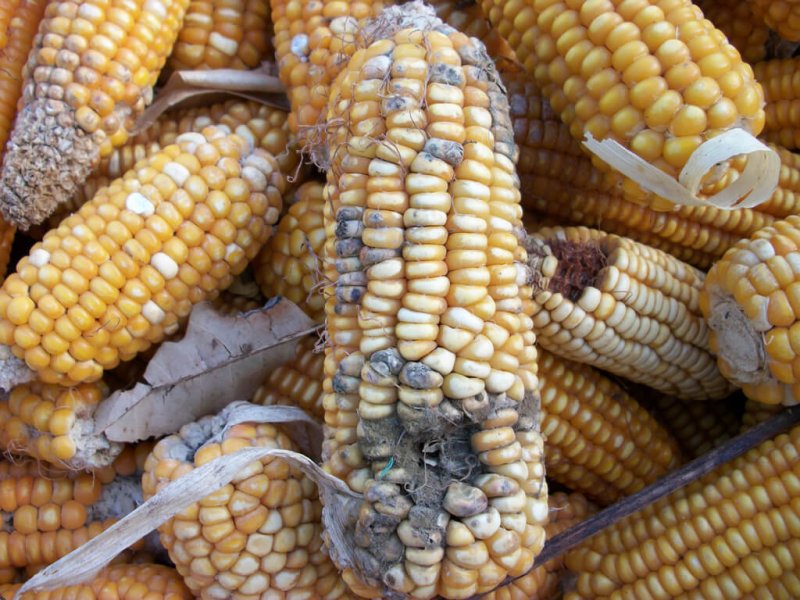A vast network of organizations, including known players such as Greenpeace, are throwing a myriad of unscientific publications at the wall in different European countries, in the attempt to find out what sticks. Their latest target is fungicides.
Fungicides are used to fight fungus spores, which if carried from the outside of the plant to their inside, are dangerous to human health. These molds produce mycotoxins, which are toxic metabolites.
Mycotoxins are divided into subcategories, namely aflatoxins, ochratoxin A (OTA), fumonisins (FUM), zearalenone (ZEN), and deoxynivalenol (DON – also known as vomitoxin), which can all be ingested through eating contaminated food, including dairy products (as infected animals can carry it into milk, eggs, or meat).
The most dangerous kinds are aflatoxins, which can affect corn, wheat, rice, soybeans, peanuts, and tree nuts, and can cause cancer. Most disconcertingly, up to 28% of all liver cancer can be attributed to aflatoxins, and its immunosuppressant features leave humans weakened against other diseases.
In Africa, this is a deadly epidemic. Aflatoxin exposure is more deadly than exposure to malaria or tuberculosis, with 40% of all liver cancers in Africa being related to it.































